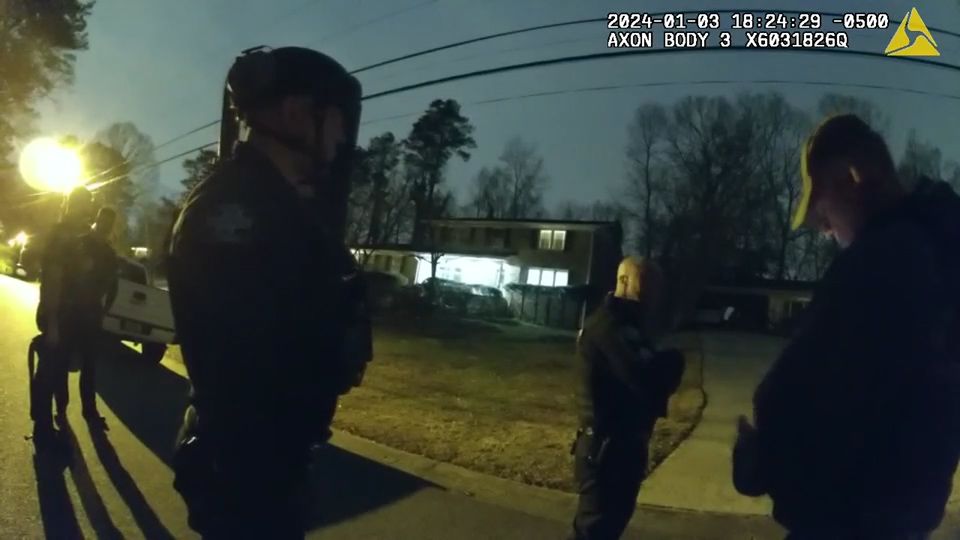In Jefferson City, Missouri, a man called the police to confess he had shot his wife and was planning to commit suicide. Heavily armed officers rushed to the scene, ordering the homeowner to step outside with his hands raised. The man who emerged was Jay Ashcroft, Missouri’s Secretary of State, who had been preparing for a home workout just moments before. This incident was a dangerous hoax known as “swatting,” where a false crime report is made to trigger a massive police response to a target’s home.
The Rise of Swatting
Swatting has become a major concern for election officials, particularly in the lead-up to this year’s presidential election. The anonymity provided by technology and the tools that enable swatting have outpaced law enforcement’s ability to control it. The calls have become more realistic and harder to trace due to advancements in technology, including artificial intelligence that can mimic voices and encrypted-communication apps that provide privacy. A black-market industry of swat-for-hire accounts has also emerged on social media.
Swatting and Election Officials
Since December, at least four swatting incidents have targeted the homes of senior officials who oversee or work to secure elections. These incidents are part of a broader wave of swatting and election-related threats. An FBI database set up last year has tracked about 600 swatting incidents, while a Department of Justice taskforce launched in 2021 has reviewed over 2,000 allegations of hostility, harassment, abuse, or threats to election officials and staffers.
The Evolution of Swatting
Swatting emerged in the early 2000s and was initially used for bragging rights and ego. It later expanded to target celebrities and became a way for gamers to prank each other. However, swatting has had deadly consequences, including a hoax call that led to a Kansas police officer shooting an unarmed man in 2017 and a Tennessee man dying of a heart attack during a swatting incident in 2020.
Challenges in Combating Swatting
Investigating swatting cases presents complex obstacles for law enforcement. Swatters’ use of VPNs and messaging apps often requires authorities to subpoena companies for potentially identifying information. However, these companies may not comply or may not hold the requested information. Additionally, while some states have enacted laws to stiffen penalties for swatting, no federal law specifically criminalizes the practice.
Preparing for the Worst
These incidents have prompted some election officials to take extra precautions. Swatting was featured in a tabletop exercise for election officials in New Jersey last month, and in Georgia, there have been a series of meetings between county election directors and law enforcement to flag their personal information in police databases to help prevent swatting.
Impact on Election Officials
Swatting poses an additional layer of strain on an already stressed election system. A wave of election officials have departed their roles since November 2020, when false claims of a stolen election proliferated. The threat of swatting may deter good people from running for office or cause them to walk away from their roles.

